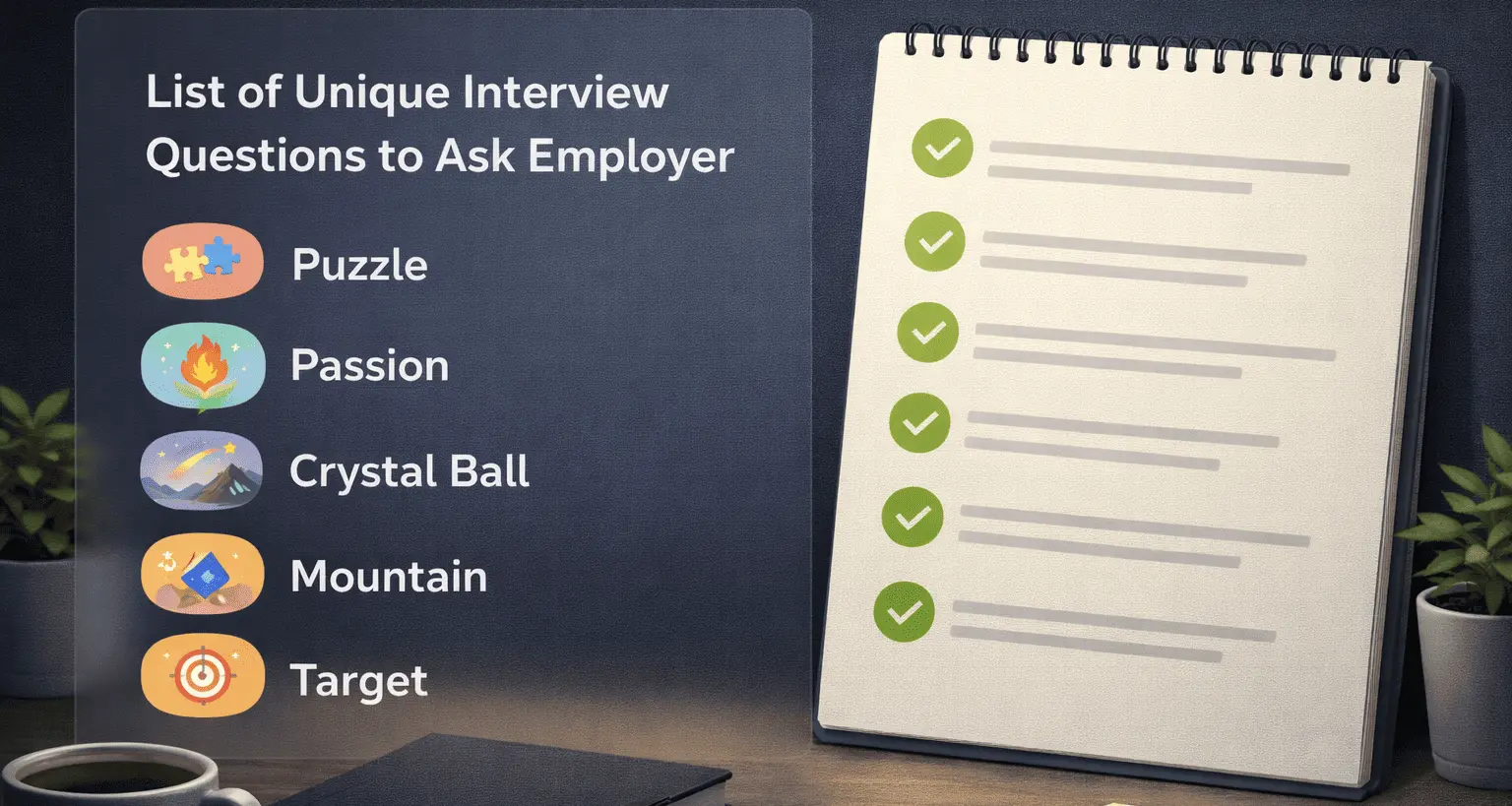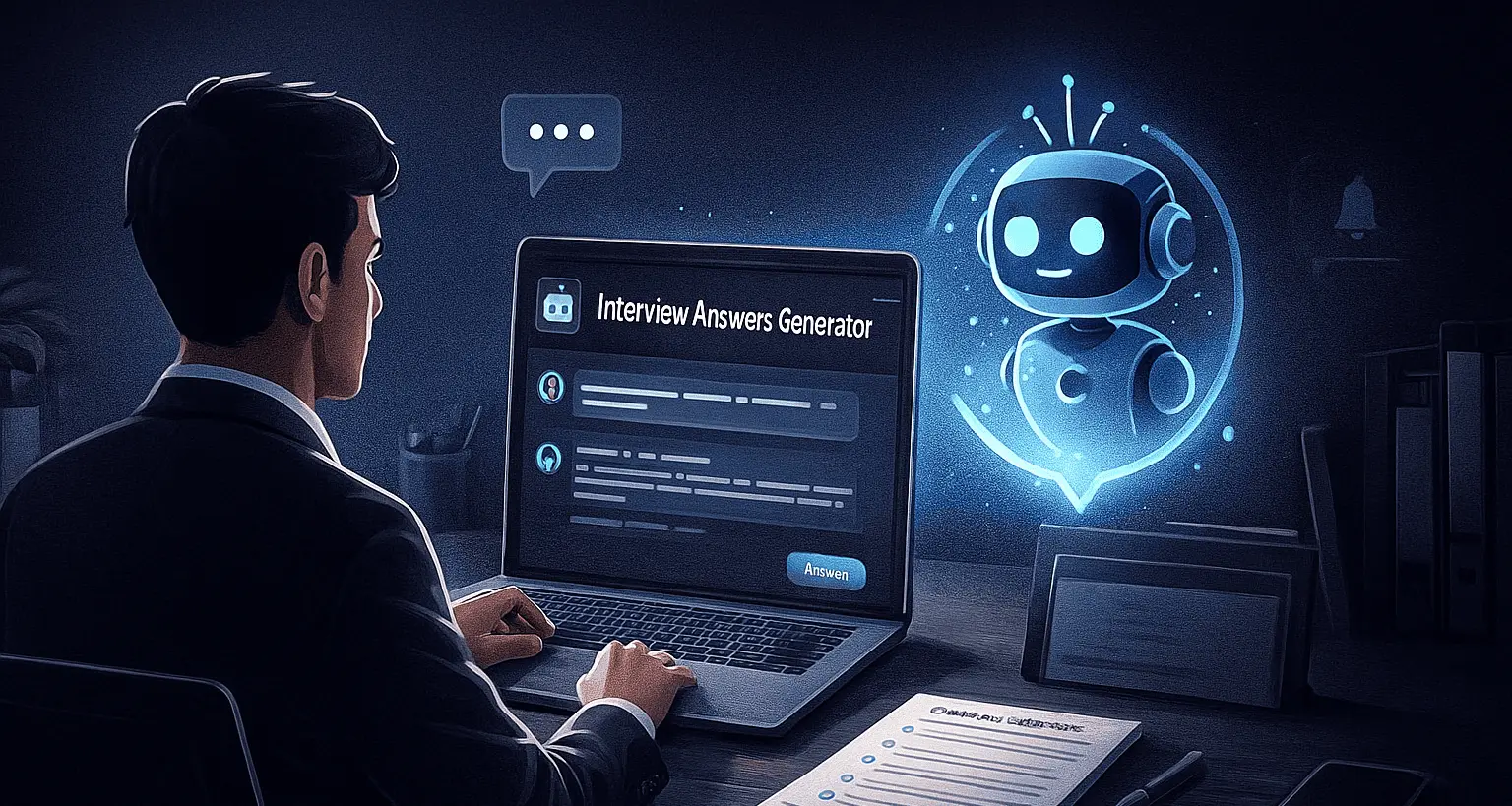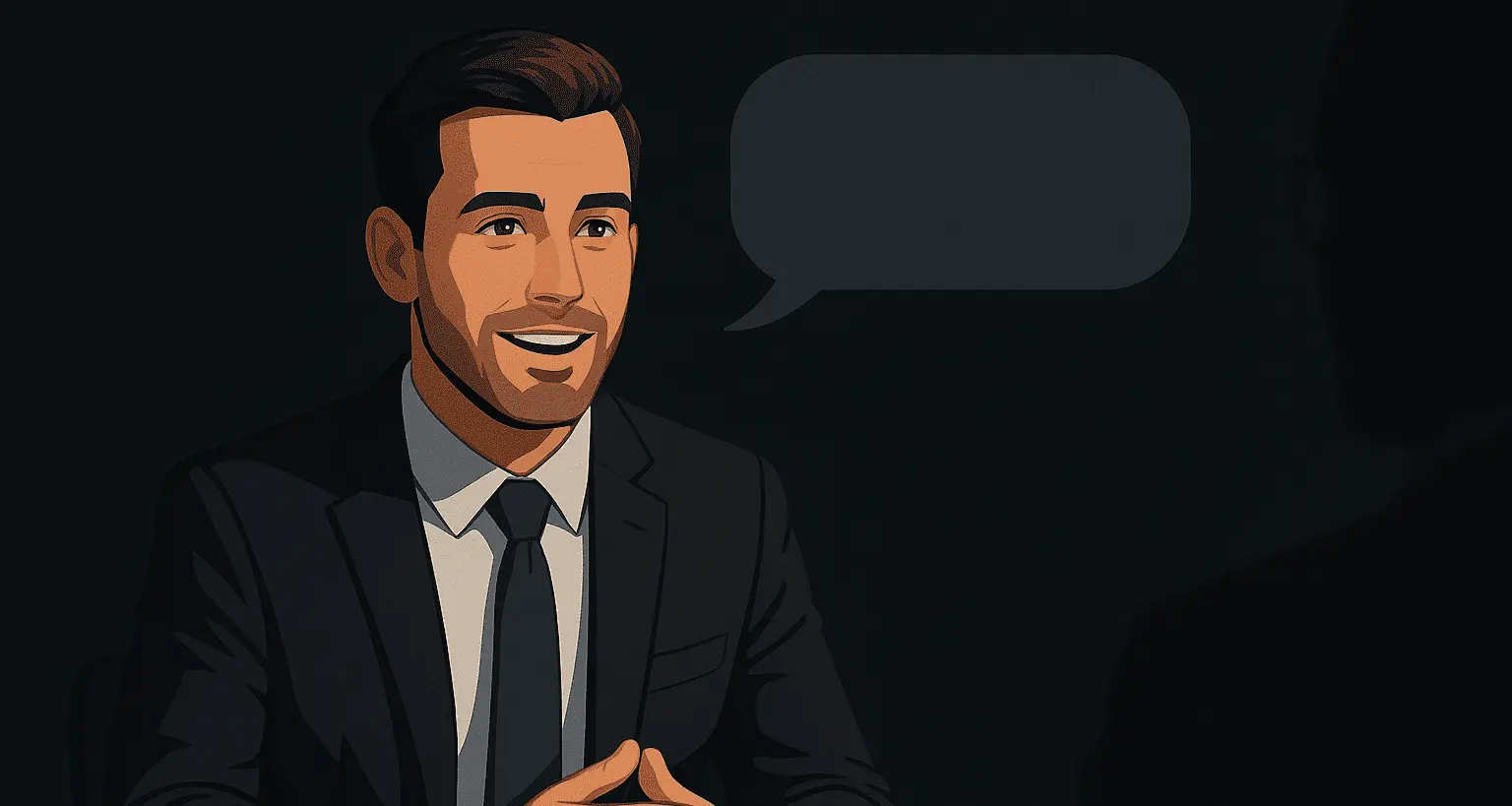Knowing the right questions to ask interviewer changes the balance of power in a hiring conversation. At senior and competitive levels, interviews are not about passing tests. They are about alignment, trust, and decision-making.
This guide focuses on questions to ask interviewer when you want clarity, not reassurance. These questions help you understand leadership quality, business stability, and long-term opportunity.
Why Questions to Ask Interviewer Matter
Interviewers reveal more through their answers than candidates often realize. Strategic questions to ask interviewer surface how decisions are made, how feedback flows, and where pressure points exist.
Questions to Ask Interviewer About Expectations
- What does success look like in the first 90 days?
- What mistakes do new hires commonly make?
- What outcomes matter most this year?
Questions to Ask Interviewer About Leadership
- How do you approach feedback and performance reviews?
- How do you support people during high-pressure periods?
- What qualities do you value most in your team?
Questions to Ask Interviewer About Team Dynamics
- How does the team resolve disagreements?
- What collaboration challenges exist today?
- How are priorities communicated?
Questions to Ask Interviewer About Stability and Direction
- What strategic bets matter most right now?
- What risks keep leadership cautious?
- How does the company adapt to change?
When to Use These Questions
These questions to ask interviewer work best in mid-to-late interview rounds. They assume baseline fit has already been established.
Connecting Strategy to Preparation
Strategic questions to ask interviewer are most effective when paired with preparation. For a structured foundation, review the complete questions to ask in an interview guide .
Final Perspective
Asking strong questions to ask interviewer shows confidence without arrogance. It positions you as a thoughtful professional evaluating a serious decision. That framing is often what separates offers from rejections.







